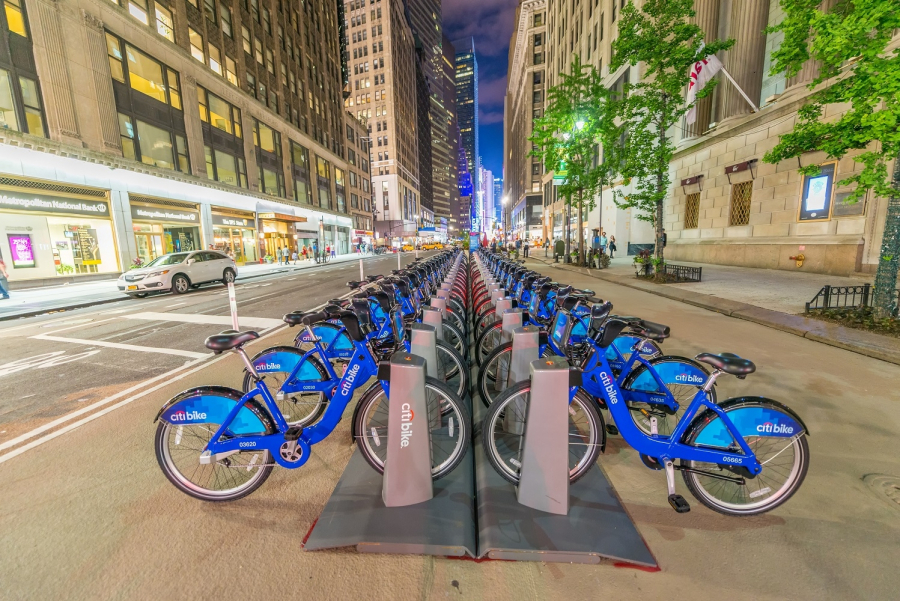With the dangers of anthropogenic climate change and the rise of environmentalism and socially responsible investing, many companies and governments are trying to help more people travel green, or in an environmentally friendly way. Green traveling can be categorized as ecotourism-tourism to support conservation efforts and observe wildlife-and responsible travel practices that focus on environmental sustainability and corporate efforts to make their goods and services more environmentally friendly.
Some hotels in the US are trying to make their operations greener. According to the New York Times's "At Energy-Minded U.S. Hotels, They'll Turn the Lights Off for You," US hotels are increasingly turning to using key cards and other energy-saving measures. For example, 29 percent of hotels surveyed in 2014 by the American Hotel and Lodging Association had a sensor system in guest rooms to control the temperature. A growing percentage of hotels are switching to LED lighting. BD Hotels in New York and the Aqua Aloha Surf Waikiki and Aqua Bamboo Waikiki in Hawaii installed key card systems as part of a general energy savings effort. Other hotel chains like Starwood's (HOT ) Element line have eschewed key card systems because the technology changes quickly. But on its website Starwood professes a commitment to reducing energy use and GHG emissions by 30 percent and water consumption by 20 percent by 2020. Some companies are helping hotels achieve green goals. Honeywell (HON ) manufactures a digital temperature control system that senses occupancy, which is getting more popular in hotels due to cost savings and green public relations.

© pisaphotography / Shutterstock.com
Actual traveling is also getting greener. First, some cities have started bike sharing programs. In New York City, Citigroup (C ) is the lead sponsor of the Citi Bike, the largest bike sharing program in the US. There are similar programs such as Capital Bikeshare, Bay Area Bike Share, and Indego in Washington, D.C., San Francisco, and Philadelphia, respectively. Users of bike sharing programs either pay daily, monthly, or annual membership fees for a set amount of minutes per ride. Minutes above the included amount incur extra fees. Citi Bike advertises its program as a way to unlock the city, faster than walking, cheaper than taxis, and more fun than the subway. Air travel also reflects green commitments. United Airlines (UAL ) has an Eco-Skies program that states its commitment to minimizing the environmental impact of operations. It has improved aircraft fuel efficiency by 33 percent since 1994. United has four pillars of environmental sustainability: fuel efficiency, sustainable products and services, alternative fuels, and partnerships. Another airline giant, Delta (DAL ), is also committed to environmental sustainability. Delta aims for absolute GHG emissions reductions and carbon neutral growth after 2020. Its in-flight recycling program has diverted 10 million pounds from landfills in 7 years. Rebates from recycling donated to Habitat for Humanity have totaled more than $600,000. Delta also proudly displays its inclusion in the Dow Jones Sustainability Index for the second straight year.
As global citizens and consumers are increasingly demanding greener goods, services, and investments, many companies and municipalities are happy to offer them. Green travel programs not only help companies and cities reduce energy costs and generate good public relations, they also help people feel more environmentally responsible and help the world be more sustainable.
The author does not hold any positions in any of the stocks above.



















